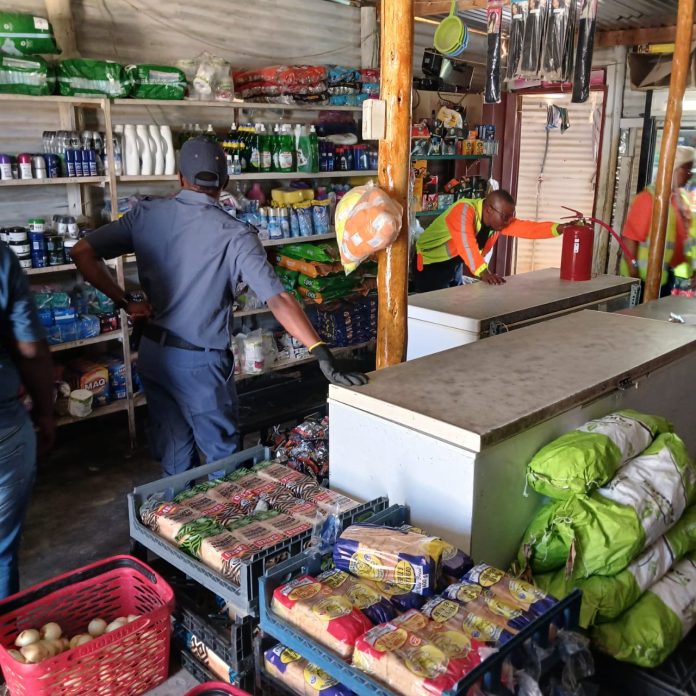Spaza shop owners across South Africa are racing against the clock to meet the deadline to either register or re-register their businesses. Last month, President Cyril Ramaphosa announced a directive in which shop owners had 21 days to register their business, as part of measures to address a rise in food-borne illnesses in the country.
READ MORE: President Ramaphosa announces interventions following child poisoning incidents
“Nearly 200,000 spaza shops have been inspected since November, and over 1,000 businesses, including supermarkets and warehouses, have been closed for failing to meet safety standards,” Ramaphosa said.
While there is little exact data on how many spaza shops there are in the country, this initiative has seen 51,788 spaza shops registered so far. Last week, ANC Secretary-General Fikile Mbalula said 800 shops had been shut down. He added that approximately 93% of those closed were owned migrants.
Cape Town operations
Meanwhile in Cape Town, the focus is on ensuring food-handling establishments meet the requirements to continue operating. Between 1 November and 6 December, the City conducted 1,175 inspections. Seven hundred facilities were non-compliant.
Further to this, Mayoral Committee Member for Community Services and Health, Councillor Patricia Van der Ross, says her department received over 4,000 applications for Certificates of Acceptability between 18 November and 9 December.
“City Health received 4 241 applications for Certificates of Acceptability. A COA is a legal document indicating that a food-handling establishment complies with the hygiene and food safety standards.”
But Van der Ross there are some challenges posed by the short time frame. Especially since there were no additional resources provided for the undertaking.
“The actual processing and finalisation of applications will not be possible in such a short time frame. Where operators have applied via e-services they will have received a case number as proof of application.”
Spaza shop owners can register at municipal offices or via the online platform. After approval, routine inspections will ensure ongoing compliance, maintaining safety standards and protecting the public.
Shop owners could face fines, or their shops closed, if they fail to register on Friday.
READ MORE: Guidelines for compliance with government regulations


